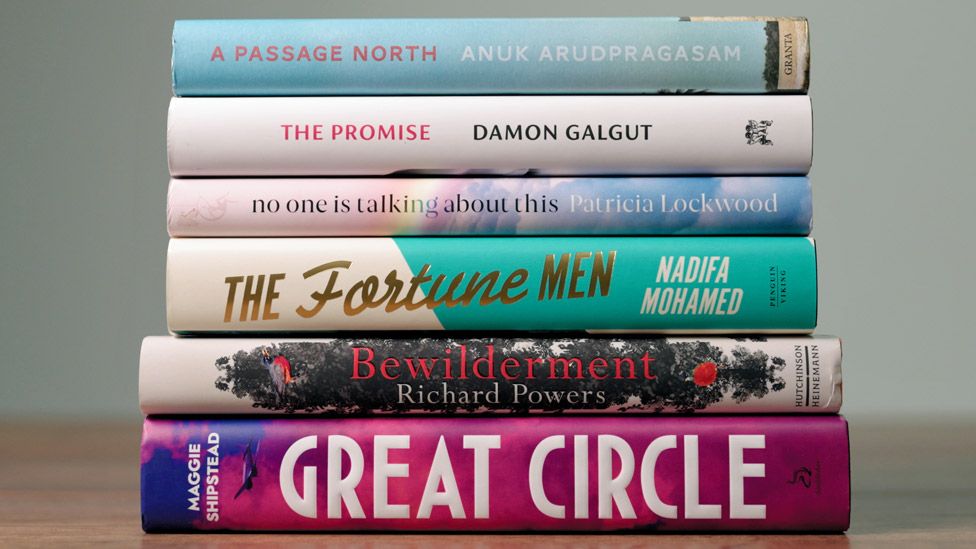Director: Abhiijt Panse
Cast: Nawazuddin Siddiqui, Amrita Rao
Filmmaker Abhijit Panse’s biopic of Shiv Sena founder Bal Thackeray is a cinematic equivalent of a political rally where anything that the leader screams from the podium becomes a cue for thunderous applause. “This country will from now on be ruled by people who stand for Hindus,” says the protagonist at a rally, and a zesty background score screams louder than the cheers on screen. In another instance, Bal Thackeray, after launching a riot against Muslims in the city, lets a Muslim family do namaz inside his house. As he instructs his men to bring a mat for the old Muslim man, you hear a rather absurd roar of a tiger in the background, an expression of the power that Thackeray enjoys to kill or to keep. There aren’t many ways to interpret these scenes that take pride in its loudness, just as a promotional video would.
The film worships Thackeray as much as his ardent fans do, and refuses to question his actions or the extremist positions he took in matters of high sensitivity. The right-wing leader who openly called for violence against ‘outsiders’ in Mumbai city – a term that includes anyone who isn’t a Marathi Hindu, instigated communal violence and often expressed blatant disregard for the country’s democracy, who ruled over his party and city like a dictator and enjoyed being compared to Hitler, gets the cushion of cinematic propaganda that hails him as a man who fought for the rights and dignity of his people, who took to violence and anarchy to achieve this ‘noble’ end.
Violence is fetishised, especially in the scene on Belgaum border dispute where Shiv Sena workers clash with the police, and several of the former are severely injured. The scene is shot like violence porn; bones crushing and blood gushing out of bodies become instruments of emotional manipulation that justify the anarchy that Thackeray would unleash in the scenes that follow. That’s the primary pattern that Panse employs. His film gives the political hooligans and communal rioters a fair purpose. Ahead of the chapter that talks about Thackeray’s shift to spotless Hindutva ideology, there is a largely one-note scene that speaks of Muslims as a community of anti-Indians who backstab Shiv Sena who had initiated a peace process.
The leader goes on to thwart all kinds of bureaucratic or cultural attempts to foster Indo-Pakistan relations – he takes a strong stance against proposed cricket matches between India and Pakistan – and proudly admits to his role in Babri Masjid demolition (“we cleaned the space, we didn’t demolish anything”, he says in the court), yet gets to keep a hero’s image because the Muslims have already been established as dangerous outsiders.
Thackeray redefines, albeit slightly, Bollywood’s current wave of ‘nationalist films’ by further emboldening the lines that separate human beings. The opening sequences delineate the sons-of-the-soil struggle that Thackeray launched, but with no pinch of salt. The thrashing of clueless idli-sellers by weapon-wielding men and violent attacks against South Indians in the name of regionalism are shot like instances of heroism. A man who approaches Thackeray seeking his help for ‘retrieving’ his daughter who married a Muslim isn’t portrayed objectively, but like a victim who deserves justice.
***
Although the film puts all efforts in lionizing its protagonist, the film lacks the finesse of a mass film that builds drama from subtle moments. The non-linear narrative is rather incoherent and convoluted, going from one major event in his life to another without working on the links that connect them.
Recommended
His make-up is pitch-perfect but Nawazuddin Siddiqui plays the role like a louder version of his own portrayal of Manto in Nandita Das’s 2018 film. But there is only so much an actor can do when it’s an utterly uni-dimensional character that expresses no emotion other than smugness and valour. Amrita Rao has a role that is the equivalent of a table lamp placed at the corner of a scene for aesthetic reasons and also, to not give an impression to the audience that Maharashtra, during the time of Bal Thackeray, was a country without women. Rao smiles demurely with the saree draped around her shoulders. In one of the rare occasions when she gets a moment to herself in the film, she weeps silently on reading a letter that Thackeray sent from jail. She seizes the moment and puts up a competent performance, as though a final attempt at registering her presence in a film that is overrun by toxic and violent masculinity.
*****
The Thackeray review is a Silverscreen original article. It was not paid for or commissioned by anyone associated with the film. Silverscreen.in and its writers do not have any commercial relationship with movies that are reviewed on the site.



